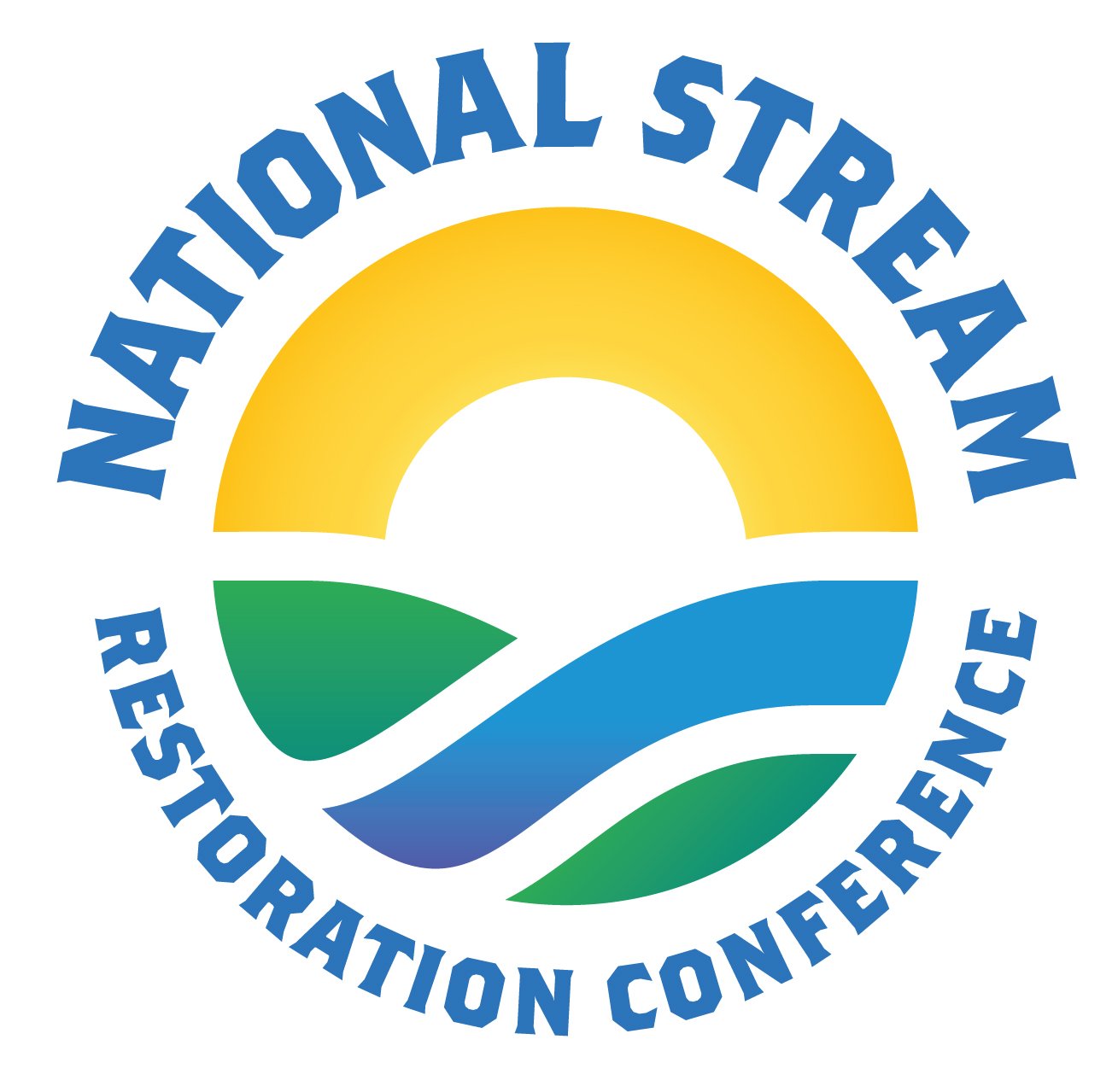Got Bugs? A Biological Monitoring Plan for Evaluating NC Mitigation Projects
Ella Wickliff & Carolyn Lanza
Wildlands Engineering, Inc.
Charlotte, NC
Authors: Gimbert, Kirsten, Wickliff, Ella and Lanza, Carolyn
Wildlands began a biological monitoring program in 2014 to better understand the long-term effects of ecological restoration on benthic and fish communities within our mitigation projects. Overarching goals of Wildlands mitigation projects typically involve increasing in-stream habitat variety for macroinvertebrates and fish and alleviating water quality stressors through reduction of streambank erosion, planting of native riparian buffers, and reconnecting incised channels to their floodplains. The monitoring program intentions are to evaluate benthic macroinvertebrate and fish community responses to project goals/designs within each physiographic region of NC. Currently, Wildlands is conducting benthic macroinvertebrate monitoring on 24 mitigation projects and fish monitoring on 2 mitigation projects. A sampling regime was developed to collect pre- and post-construction data or on-site and off-site (upstream sampling of project) data, both with post-construction monitoring extending out to 20 years. In addition, the monitoring program incorporates both on-site and off-site reference reach sampling for macroinvertebrate communities. Preliminary data analysis has been conducted on a few sites that have either pre- and post-construction data or on-site and off-site data. While this analysis provides some understanding of community responses to restoration, by the end of 2020, Wildlands with have an additional 10 sites with pre-construction data and an additional 4 sites with post-construction data. This continual data collection over subsequent years will help to strengthen our understanding of species re-population post-construction and to provide context for understanding the ecological response to restoration in disturbed watersheds.
About Carolyn Lanza
Ms. Carolyn Lanza has been working for Wildlands Engineering as an environmental scientist for 4 years. Her role out of the Raleigh, NC office has evolved into technical training, planning, and scheduling, along with geomorphic stream assessment, GIS mapping, and vegetation assessment.
About Ella Wickliff
Ms. Ella Wickliff serves as an environmental scientist for Wildlands in Charlotte NC. Her background includes biologic and geomorphic surveys, hydrologic monitoring, and surface water quality sampling. At Wildlands, she assists with various aspects of stream and wetland monitoring including geomorphic assessment, biological and habitat assessment, vegetation assessment, data processing, and GIS mapping.


